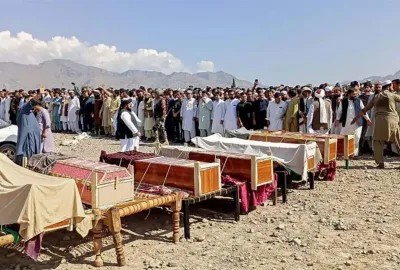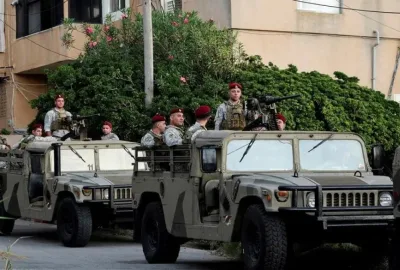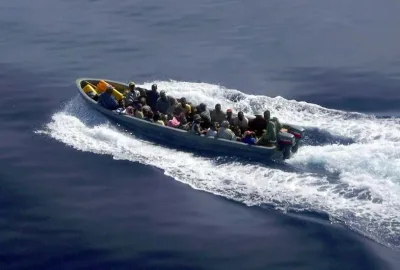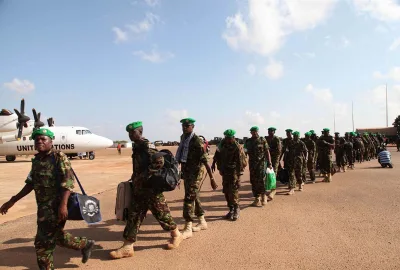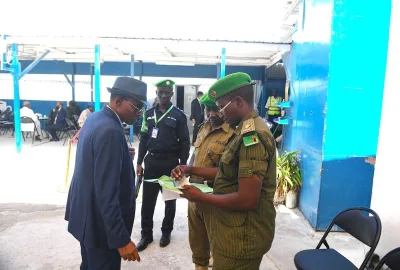The leadership of the Intergovernmental Authority on Development and its member states have unanimously agreed on…
The leadership of the Intergovernmental Authority on Development and its member states have unanimously agreed on the need to preserve the groundwater resource in the region.
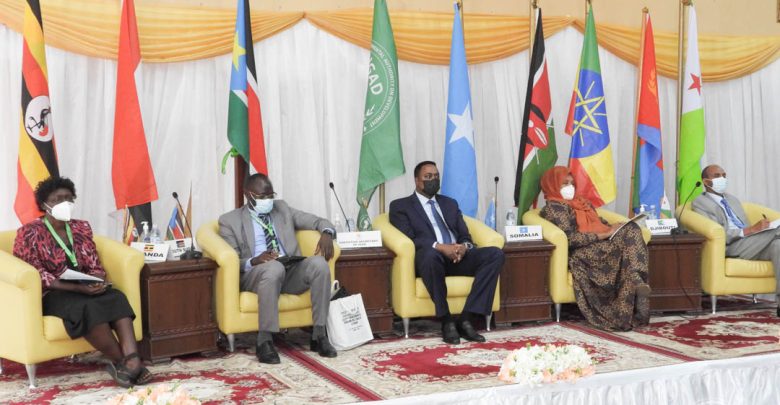
The Ministers of regional and water affairs converged in Entebbe on Wednesday with the IGAD officials for the second water dialogue forum dedicated to groundwater resource.
Uganda’s regional affairs State Minister, John Mulimba; Somalia’s Minister of Energy and Water Resources, Shukri Mohamud Afrah; South Sudan State Minister of Water and Natural resources, Manawa Peter Ibrahim among others discussed with the IGAD Executive Secretary, Dr. Workneh Gebeyehu the harmonious efforts to address the matter.
Mulimba said the groundwater has increasingly become important asset for domestic and economic development.
“Groundwater is increasingly being recognized as an invaluable but often a largely untapped resource for various uses in the region. It is the main source of water for domestic use livestock in the IGAD Region, irrigation and industrial use,” said Mulimba.
“With political stability and visionary leadership, groundwater resources which are critical to the IGAD Region could be promoted as a natural resources of special focus.”
The Minister stated that the demand for water is projected to increase and at the same time it is becoming increasingly scarce as a result of climate change, urbanization, population growth and poor management of the water resources.
“We need to have a regional approach to water security, water governance and development. Utmost priority should be provided for trans boundary water resources as this will mean shifting from conflicts and tensions in certain instances to shared vision and benefit from sharing trans boundary water resources,” he said.
The IGAD chief said that 75% of the region is in the arid and semi-arid lands, reliant on the ground water for the largely peasant population.
“As we may all be aware, about 75% of the IGAD region is constituted of arid and semi-arid lands. These lands are also the most reliant on groundwater as the largest source of water for the communities living on the edge of survival,” said Dr. Workneh.
He noted that it is currently easier to find a smartphone in the communities than to find a water source.
“It is with some unease I have observed that in these fragile lands, it is easier to find a smartphone, than it is to find a water source. The water gap is bigger than the digital divide,” he stated attracting laughter from the audience.
He noted that study reveals a 10% improvement in vegetation reduces the chances of Armed Conflict by 21% and human death by 17.3%.
“The study invites us to explore the possibility that, if we are able to maximize on the irrigation and livestock access potential of groundwater sources through shallow and deep wells, we can improve food and fodder security,” he said.


